- Turntable
- 2975 likes
- 64306 views

Techniques for cleaning vinyls easily, cheaply and safely
Cleaning vinyl at home is more of a current topic than ever. Listening to dear, old black records has been experiencing a real renaissance for some time now. This medium has an undeniable charm of its own, mainly due to that analog dimension of it. A dimension that, for many, is more romantic than a simple song listened to via streaming.
But this very being analog brings with it issues. Records are things, and as such they meet the wear and tear of time. This is a natural, inevitable phenomenon, but it can be limited with a little care.
Today, then, we want to offer a short list with the most common record cleaning techniques used by enthusiasts.
Clean up vinyls with an antistatic cloth
"How can I clean vinyls?" constitutes one of the most common questions of enthusiasts. And the simplest answer is: with an antistatic cloth.
This is a method that ensures good results in case of rather recent records, which have little dust. Just wipe over the surface of the media and you're done.
Wiping the antistatic cloth before and after listening to each record is definitely a great way to preserve one's beloved vinyls from dust.
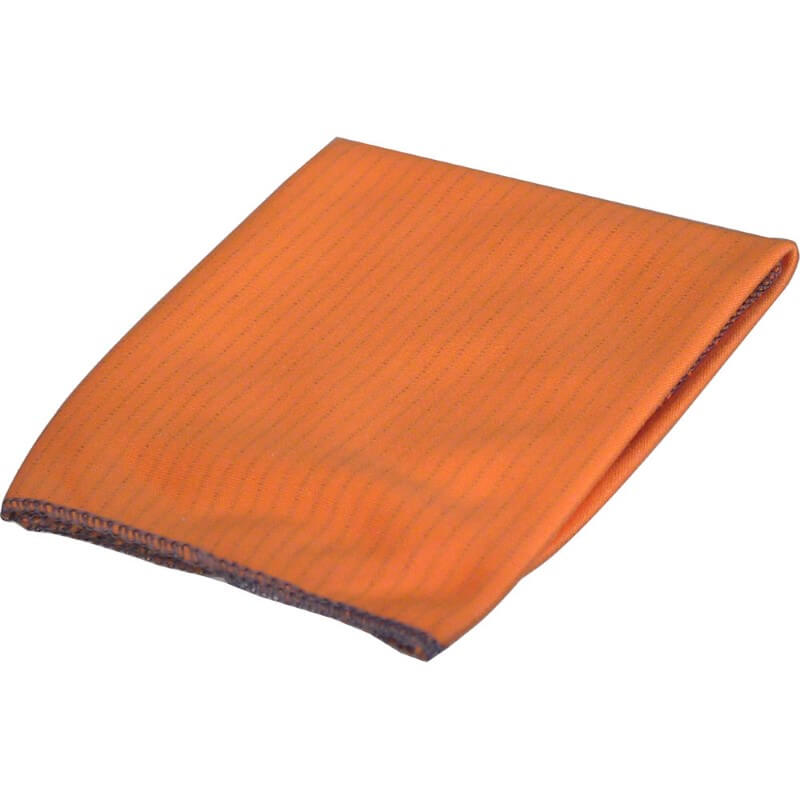
Cleaning vinyls with Vinavil: is it worth it?
Among the more or less legendary techniques for cleaning vinyl records is the one that involves using Vinavil, or at least a sticky solution. We say "legendary" because in fact going around the internet you can often come across enthusiasts trying to improve their media with this technique.
What does it consist of? Very simply, you need to spread a generous layer of Vinavil over the grooves, and wait for it to dry. A film should form, which, with a little care, can be removed in its entirety. This same film should take with it all the dirt that has accumulated over the years.
A somewhat extreme technique, but one that in some cases may even be worth trying on very old records, and which you may not be very fond of (you never know).
How to clean vinyls with Windex: the procedure
Another possible way to make your records sound right again is to try using Windex, or at least multi-surface cleaners (not ammonia-based and especially not alcohol-based).
Just spray a little liquid on the substrate, and start spinning the record. At this point there are two avenues that can be pursued: wipe the media dry with a cloth, or rely on the appropriate brushes (which we will discuss in a moment).
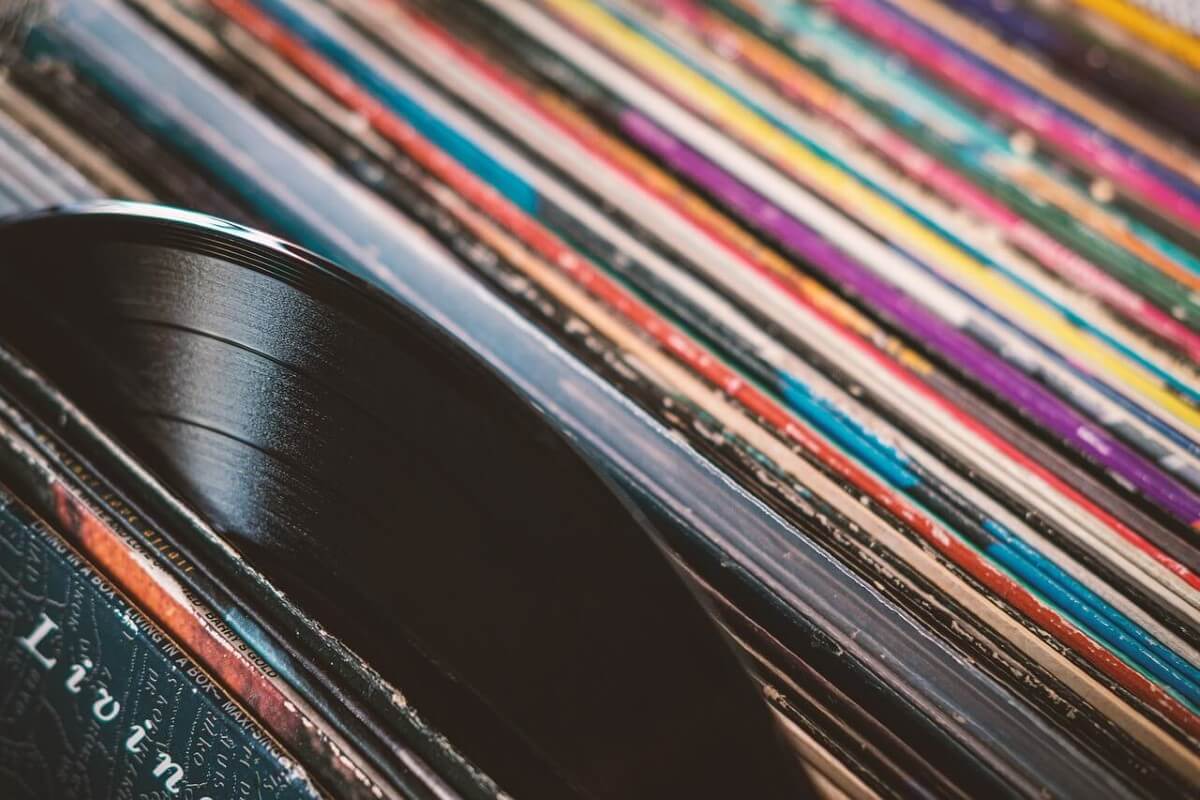 The results are mixed, and you may not always be able to bring a party-tanned record "back to life." In any case, it is a method if nothing else to try for records that are rather old and of little value. For recovering recordings that one is really fond of, there are certainly more professional methods.
The results are mixed, and you may not always be able to bring a party-tanned record "back to life." In any case, it is a method if nothing else to try for records that are rather old and of little value. For recovering recordings that one is really fond of, there are certainly more professional methods.
Cleaning records with isopropyl alcohol
Isopropyl alcohol is the key component of many vinyl cleaning products. The results that can be obtained are very good, but there are many who argue that, in the long run, prolonged use could lead to deterioration of the media.
By "in the long run" could mean a few years or even tens of years. One has to consider the frequency of use, the initial condition of the disk, and many other variables.
Nevertheless, this is a valuable solution, to be used sparingly but of excellent quality.
How to clean discs with brushes and rollers
As children, the bravest tried to clean records by putting them under water and "massaging" them with toothbrushes--not exactly a professional solution, but if nothing else it was a way to breathe life back into records (or at least try).
The evolution of the old toothbrush is the vinyl cleaning brush. Purchasable at a fairly modest expense, it is often made of very light carbon fiber. The brush goes deep into grooves to remove dirt and debris.
The results are often good, especially in the case of not-so-rooted dirt. Combined with other solutions-perhaps an anti-static cloth-these devices offer results that may surprise you.
Why not give them a try? You can purchase the ClearAudio vinyl brush at Hi-Fi Prestige.
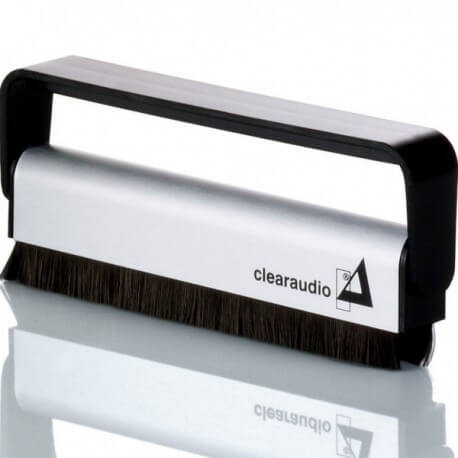
Alternatively, you can tack on rollers to clean your precious 45s and 33s. As the name implies, these are really rollers that, when allowed to pass over the record, collect excess dirt.
They are devices made of adhesive rubber, which is very soft and adheres lightly to the surface of the media. In short, they do no harm. The results, especially on newer records, are appreciable.
Kits for cleaning 45 and 33 rpm records
One possible solution to the problem of home record cleaning is the classic all-inclusive kit, available in various price ranges. Basically, this is a set of products usually including:
- Liquid cleaning detergent
- Supports for better disc placement
- Soft cloths
- Possible tack cleaning devices
A comprehensive and often inexpensive solution that can be recommended in most cases.
Speaking of liquid cleaners, one of our suggestions is AM Clean Sound's Recorder Sound, on sale at a great price. For cleaning thumbtacks, on the other hand, you can try the ClearAudio Diamond Cleaner Brush.
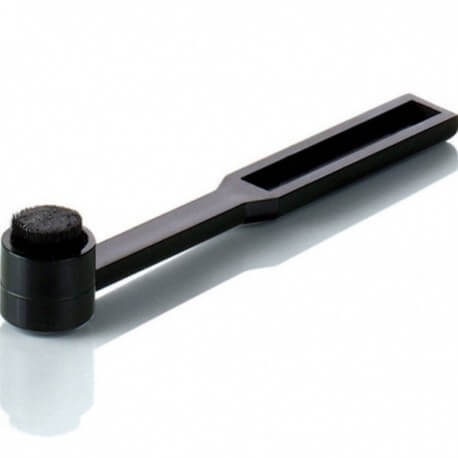
The vinyl cleaning machine
More experienced enthusiasts are aware of the existence of record cleaning machines. These are 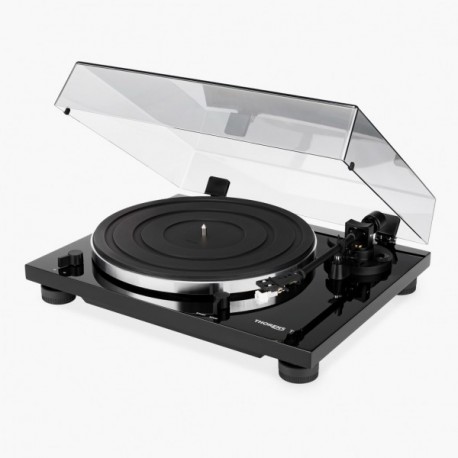 devices that are not even that prohibitively expensive, but still need to be known how to use them with a minimum of practice.
devices that are not even that prohibitively expensive, but still need to be known how to use them with a minimum of practice.
In most models, the vinyl is placed vertically, and the machine provides deep washing, often with a liquid solution based on distilled water.
This is undoubtedly a solution worth trying for those desperate to find a method to bring their records back to life.
Which technique to choose?
The best technique is one that gets results. It may be a light cleaning with the anti-static cloth, or a thorough washing. Each case stands on its own, because each vinyl carries a different load of uses. The beauty of analog, some might say.
In any case, the magic of records will never go out of style. After cleaning your vinyls properly, then, why not treat yourself to a nice turntable as well?
The HiFi Prestige catalog dedicated to turntables is at your disposal with the latest offerings from McIntosh, Audio Technica, Cambridge Audio, Thorens, Denon and many others. Our special on turntables Marantz, for example, can be a good starting point for choosing your next model.